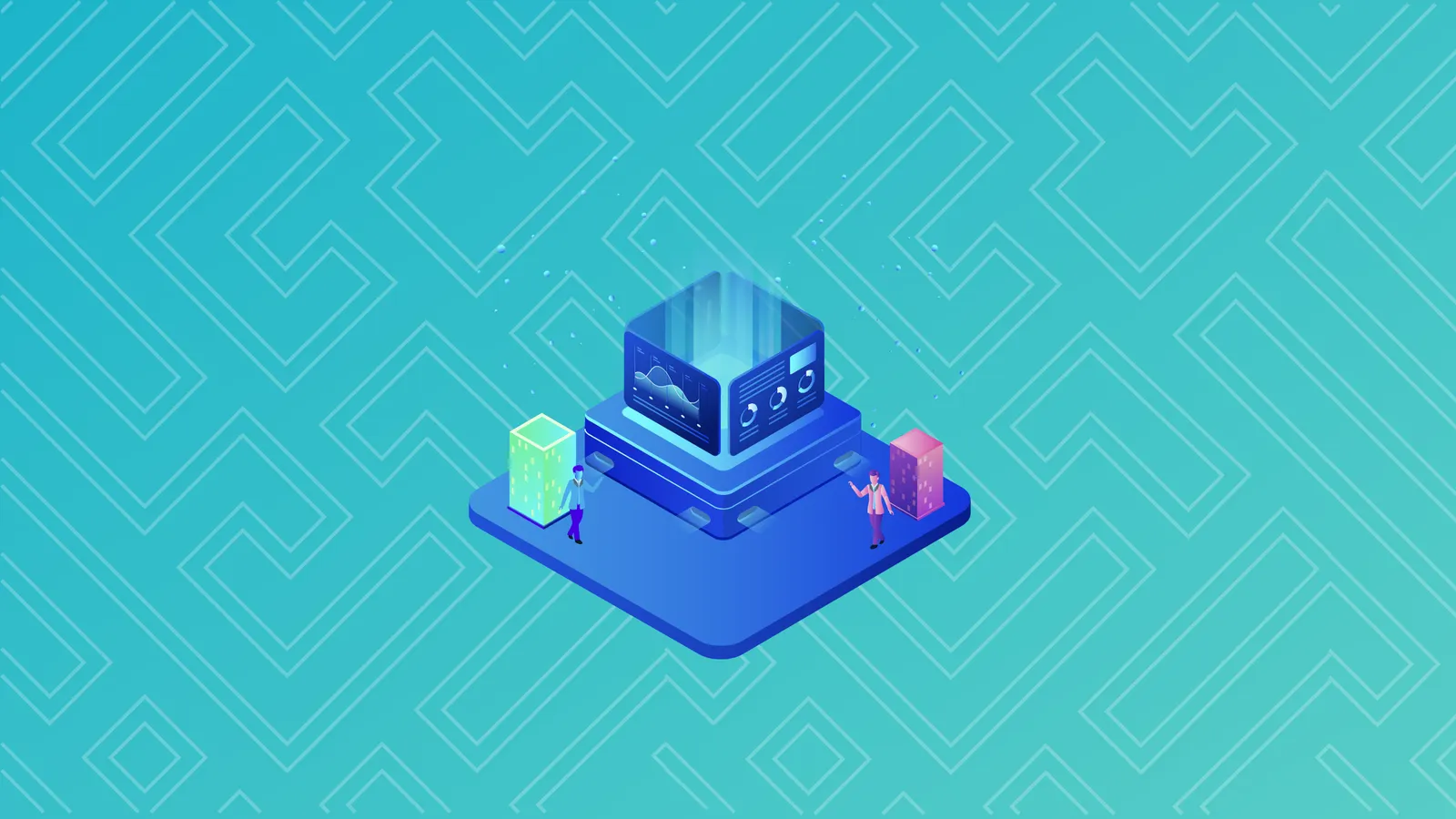Even before the rise of ChatGPT, it was clear that the age of artificial intelligence (AI) is upon us. The implications of rapid developments in the AI space are huge: PricewaterhouseCoopers estimates that AI could contribute close to $16 trillion to the global economy by 2030. But what does that economic contribution consist of? And which industries are most likely to be upended by AI?
There is oftentimes hesitation and even fear associated with the thought of the proliferation of AI technology. One of the reasons for this concern is the idea that AI might take over your job—or even make your entire industry or line of work obsolete. But experts argue that this is not likely to happen to workers across the board, and in fact there are some industries that are better primed than others for an AI-driven revolution.
Automotive
One of the biggest goals of many AI developers is a reliable, safe autonomous vehicle. Tesla, among the largest car makers in the world, has dedicated substantial resources to launching self-driving cars (with mixed results; a February 2023 regulatory move saw over 300,000 of these vehicles recalled).
Manufacturing
Beyond providing the technology to allow cars to drive themselves, AI is also upending the way that cars are built. For that matter, AI is changing the way that virtually all manufacturing is done, across many industries. AI systems can efficiently analyze manufacturing data, manage inventories, and even contribute to the building process itself. Proponents of AI in the manufacturing space argue that it is safer, more efficient, and more reliable than human work.
Customer Service
One of the earliest applications of chatbots—the predecessors to ChatGPT and other more recent AI language technologies—was on customer service sections of many company websites. AI systems can be trained to assist customers with a host of needs, from addressing order issues to directing calls and much more. It is possible that a good deal of customer service—and, with it, administrative office work in general—could fall under the purview of AI in the years to come.
Biosciences and Medicine Development
One of AI’s greatest strengths is taking vast quantities of data and efficiently analyzing and learning from it. Fortunately for the medical world, this skill set can be put into practice testing different combinations of chemical compounds and other materials used in drug development. Firms like the U.K.’s BenevolentAI aim to use AI-driven data analytics to predict which compounds may be useful in curing specific diseases. The result could be a more efficient drug development process.
Healthcare
While it may be unlikely that AI will conduct your annual physical exam or surgery in the near future, experts believe this technology could still play a role in revolutionizing the healthcare sector. A key aspect of healthcare—like biosciences above—is the efficient collection and processing of huge amounts of data. AI can not only do this more quickly than human teams, but it has the potential to also advance the field of predictive healthcare. This means that AI can use this data to make increasingly accurate predictions about a patient’s healthcare needs in the future. This could not only lead to better health outcomes, but could also help healthcare systems to best allocate their resources and efforts.
Retail
Retail businesses are also among those that benefit from smooth and efficient handling of large and complicated data sets. In order to determine the best practices for shipping goods, stocking shelves, and selecting product offerings based on customer demand, retailers are increasingly turning to data analytics. This sub-industry of retailing can provide sellers information on everything from how many of a specific product to deliver to a particular store, to where in a store an item is best placed in order to attract customer attention. AI has the potential to make the process of sorting through this data trove much easier.
Retailers could also see a more overt AI-based revolution in the form of self-shop stores. Companies like Amazon have already piloted this new model of retail shop: self-shop stores typically include no cashiers and even no exchange of pay while a customer is in the store. The store uses a system of smart automation and machine learning to determine the items that a customer has taken and then automatically bills that customer for the total cost of the goods.
Marketing
Marketing as an industry could see dramatic shifts as a result of AI development. In the world of marketing, the ideas of targeting and messaging—determining who to reach with a marketing campaign and how to best address them—are critically important. AI can help marketing departments to precisely identify and target potential customers with the highest likelihood of completing a purchase using data gathered through social media, online shopping habits, and more. And AI can also use this and similar sets of data to determine which ways of messaging a new campaign might be most effective, even going so far as to tailor a campaign to an individual.
Defense and Security
One of the aspects of AI technology that may lead some adopters to hesitate is the use of AI in surveillance. Biometric and facial scan technology is already being used in some parts of the world to identify and surveil individuals, although many question the ethics of using AI in this way. While this can occur on the level of an entire government using AI to monitor its citizens, individual companies may also develop AI-based systems to perform a similar task with an eye toward security.
Some defense experts believe that AI technology could go even further to help to control the next generation of autonomous weapons. Again, there are significant ethical considerations in this area, but the technology is likely already in development.
Cheat Sheet
- Artificial intelligence (AI) could add as much as nearly $16 trillion to the global economy by 2030.
- Many industries could be revolutionized by AI, but some are more primed for AI-driven upset than others.
- Automobiles, manufacturing jobs, customer service, biosciences and drug development, healthcare, and retail are among the industries most likely to see disruption as a result of AI developments, according to experts.
- Industries that involve either the automation of repetitive, learnable physical tasks or the processing of vast amounts of information may be prime targets for AI reimagining.


